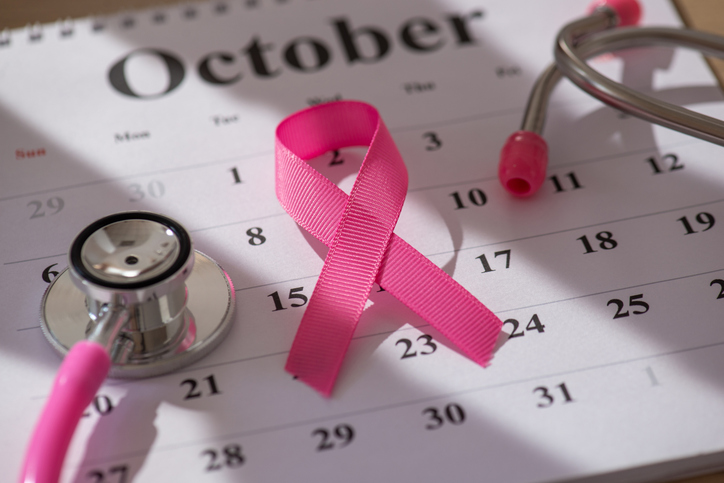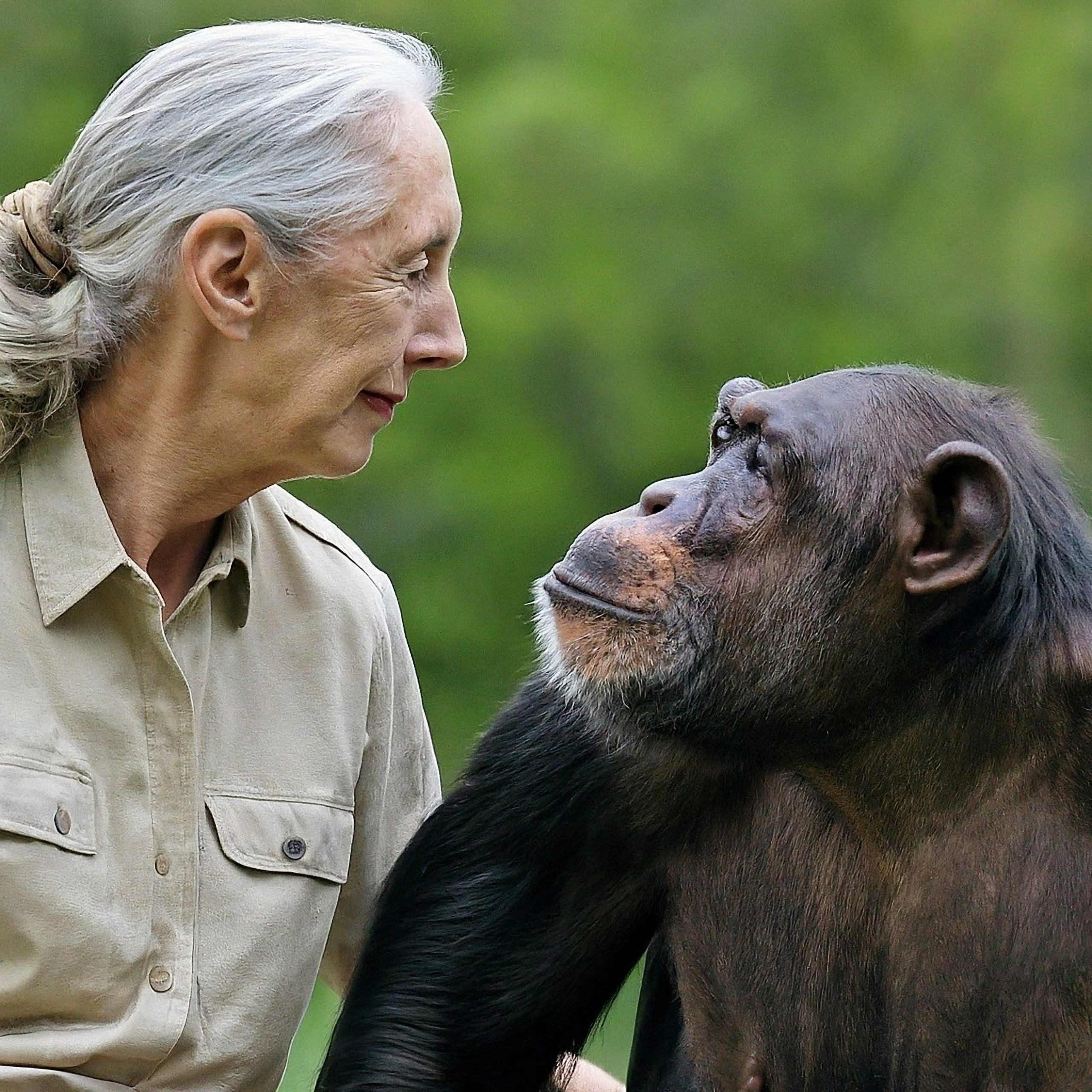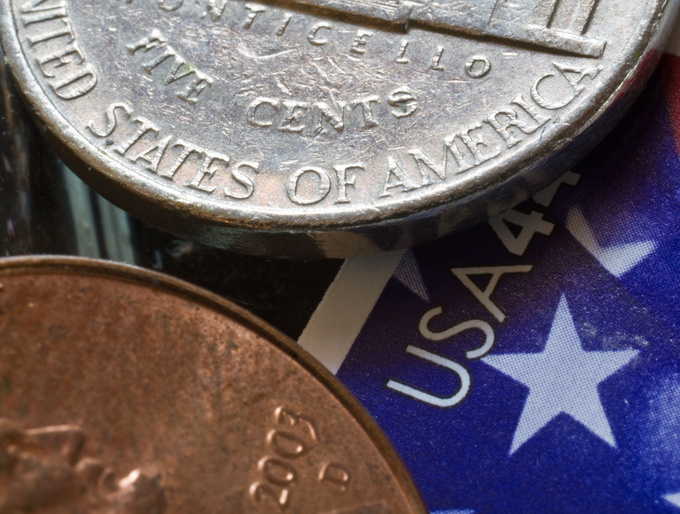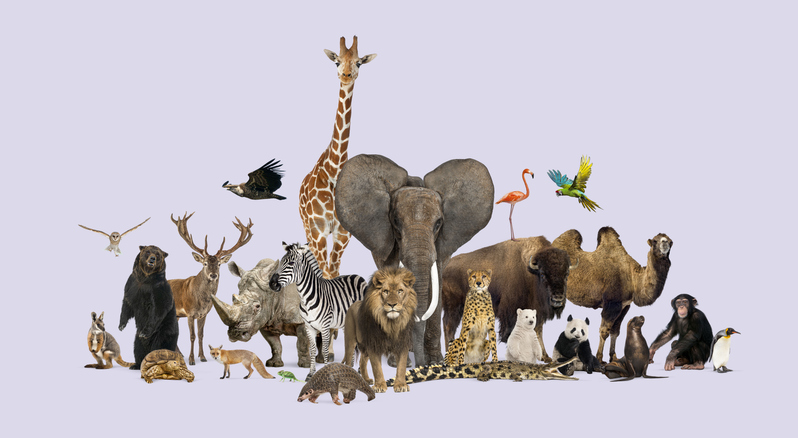October shines a light on the ongoing fight against breast cancer — and inspires many people to give. Before donating or buying “pink” products, here’s how to make sure your support truly makes an impact.
Choose a Trustworthy Breast Cancer Charity That Matches Your Goals
One challenge in supporting the fight against breast cancer is the number of charities supporting the cause, whether through research, awareness, education, or treatment.
We encourage donors to find out what a given charity does to find the right fit. Examine any appeals for donations, the charity’s websites, and the annual report to get a better sense of the organization’s programs.
You may find that the organization focuses on education, when you want to support research. Visit our Cancer Cause Page to learn more about the three main types of cancer charity organizations.
Keep in mind that if you don’t feel comfortable with the charity asking for a donation, for any reason, you can find a better match.
Understand Pink Ribbon Advertising
You’ve likely seen the pink ribbons, or simply the color pink, in advertisements for breast cancer causes this time of year.
Pink ribbons can be seen while shopping at grocery stores, clothing stores, or anywhere you might find consumer goods. Even professional and college athletics teams can wear pink shoes or uniforms to support the fight against breast cancer. Some pink ribbon symbols are trademarked by specific organizations, but a generic pink ribbon alone isn’t enough to guarantee that your purchase is supporting a charity.
Cause-related marketing, covered by BBB Charity Standard 19, are promotions for goods or services in which a portion of the purchase will benefit a charity. But, before you buy a box or cookies or cereal to benefit a breast cancer charity, make sure that the actual or anticipated amount of the purchase to benefit the organization is disclosed at point of sale.
Check for Details Before You Join a Breast Cancer Awareness Event
It’s common to see special events like charity walks, runs, or golf tournaments this time of year.
Just as with any special events designed to support one or more charities, look for specific details before you participate. As with any other solicitation material, make sure the language explicitly states which organizations will benefit from your participation.
Find BBB Accredited Breast Cancer Charities You Can Trust
Please visit our List of nationally-soliciting BBB Accredited cancer charities to find trustworthy breast cancer charities this October or year round.
Recent Reports
We are always working with charities to publish or update reports for donors. Visit Give.org or local BBBs to check out any charity before giving. Our recently evaluated charities include:- Alzheimer’s Association
- Virginia Association of Free and Charitable Clinics
- Boys and Girls Clubs of America










